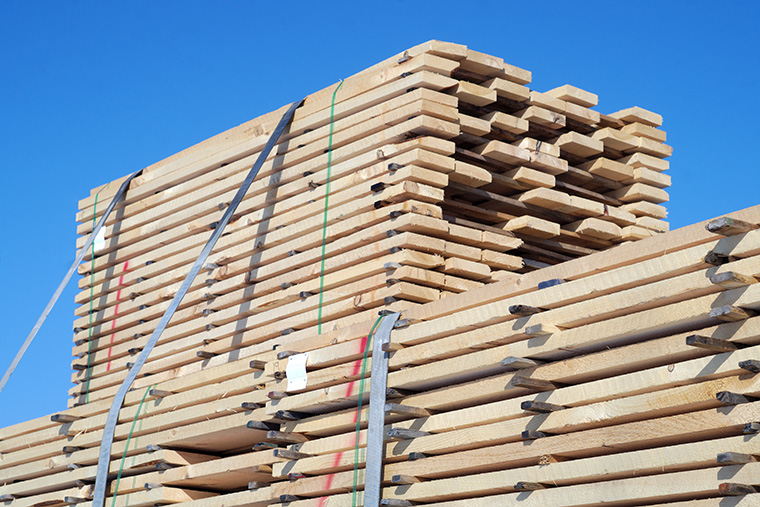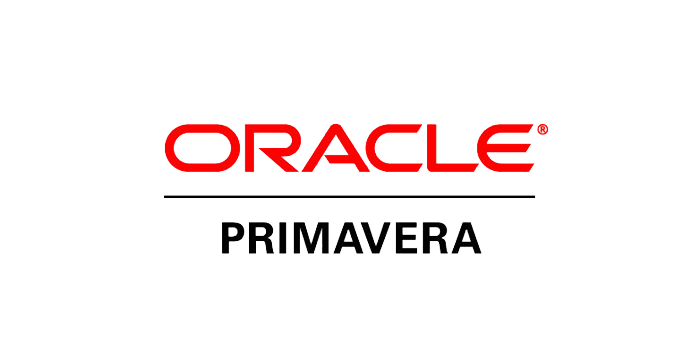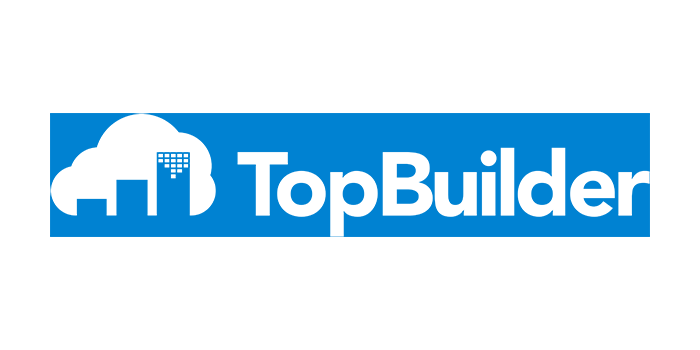
Key Takeaways
- Prices for inputs to construction materials are 5.8 percent higher than at the same time one year ago
- “Construction backlog and other data indicate that leaders at the typical nonresidential construction firm expect their company to be busy in 2018, but that meaningfully expanding profit margins may prove challenging.”
- From March 2017 to March 2018, the producer price index jumped by 13.7 percent for lumber and plywood, 11.4 percent for aluminum mill shapes, and 4.9 percent for steel mill products.
Construction Material Price Expansion Continues in March, ABC Says
Press Release from Associated Builders and Contractors, Inc.
WASHINGTON, April 10—Prices for inputs to construction materials expanded 0.8 percent in March and are 5.8 percent higher than at the same time one year ago, according to an Associated Builders and Contractors (ABC) analysis of U.S. Bureau of Labor Statistics data released today. Prices for nonresidential construction inputs increased 0.9 percent on a monthly basis and are up 5.6 percent year over year.
The upward pressure on construction materials prices was masked to a certain extent by natural gas. Natural gas prices fell 32.1 percent in March—after rising 23.5 percent in February—and are down nearly 13 percent on an annual basis. In stark contrast, crude petroleum prices expanded 5 percent in March and are up 34 percent year over year. Predictably, steel prices rose in March, but larger increases are forthcoming as the price of steel to be delivered is increasingly subject to the renegotiation of expiring contracts.
“Construction backlog and other data indicate that leaders at the typical nonresidential construction firm expect their company to be busy in 2018, but that meaningfully expanding profit margins may prove challenging,” said ABC Chief Economist Anirban Basu. “A combination of economic momentum and dueling tariffs has served to accelerate construction input price growth in categories that have been featured in recent trade disputes, such as steel/iron and softwood lumber.
“Ongoing increases in employee compensation strongly suggest that the cost of delivering construction services is set to rise substantially in 2018,” said Basu. “So far, there is little evidence to suggest that purchasers of construction services have been significantly discouraged by rising prices in the context of an improving economy. However, construction spending growth continues to be only moderate, and further cost increases may induce more developers and other purchasers to postpone projects. Growing uncertainty regarding the availability of domestic steel and other inputs during the latter stages of 2018 also may have a chilling effect on some project starts.
“The hope is that uncertainty emerging from the policymaking environment will quickly abate,” said Basu. “Many agree that there are opportunities for the United States to improve its access to foreign markets, but also that the eruption of full-blown trade wars could bring the current economic expansion to a halt. That would not be good for contractors in terms of demand for their services. It also likely would translate into additional significant increases in overall materials costs as tariffs take hold, which presumably would further dampen profit margin growth.”
Article from Daily Reporter:
Price increases signal costly construction season in 2018
Construction materials prices continued to climb in March, leading trade groups to warn that tariffs on steel and other goods could send construction costs even higher.
U.S. Bureau of Labor Statistics data show the prices of construction materials rose 0.8 percent in March, and are up 5.8 percent from the same time last year. Prices for nonresidential construction materials ticked up slightly higher in March, by 0.9 percent, and are up 5.6 percent from last year.
Rising materials costs could mean that contractors may have trouble increasing their profits despite the steady flow of work they expect to see in 2018, said Anirban Basu, ABC chief economist. Rising labor costs may also drive up the price of construction in the coming year. Meanwhile, suppliers of concrete and other materials have announced significant price hikes that will take effect in April.
“A combination of economic momentum and dueling tariffs has served to accelerate construction input price growth in categories that have been featured in recent trade disputes, such as steel and iron and softwood lumber,” Basu said. “Ongoing increases in employee compensation strongly suggest that the cost of delivering construction services is set to rise substantially in 2018.”
Here’s a rundown of year-over-year price increases on other common materials:
- Diesel fuel rose 39.7 percent
- Lumber and plywood increased 13.7 percent
- Aluminum mill shapes rose 11.4 percent
- Copper and brass mill shapes jumped 11.2 percent
- Gypsum products increased 8.4 percent
- Plastic construction products rose 5.8 percent
- Steel mill products jumped 4.9 percent
Falling natural gas prices masked an increase in the price of many construction materials, however. Natural gas prices fell 32.1 percent in March. Despite rising 23.5 percent in February, gas prices are down nearly 13 percent on an annual basis. In contrast, crude petroleum prices increased by 5 percent in March and are up 34 percent from last year.
Although demand for construction projects remains steady, rising materials costs could cause developers and purchasers to postpone projects.
Tariffs may also continue to drive up costs.
Construction officials say mills are doubtful they can fill a surge of orders brought on by the tariffs, which could bust budgets and delay projects, according to the Associated General Contractors of America.
The U.S. is in a dispute with Canada over lumber imports and has also imposed tariffs on several types of steel. Although steel prices rose in March, the effects of further tariffs on steel, aluminum and Chinese construction products are not shown in the March price index.
“Tariffs will harm contractors that are currently working on projects for which they have not bought materials and will disrupt budgets for future construction,” said Stephen E. Sandherr, the association’s chief executive officer. “The best way to help the U.S. steel and aluminum sector is to continue pushing measures, like regulatory reform and new infrastructure funding, that will boost demand for their products as the economy expands.”
Press Release from AGC:
Construction Costs Climb in Marchas Wide Range of Input Costs Jump; Tariff Threats May Delay Projects and Make Some Unaffordable
Construction costs climbed again in March, with increases for a wide range of building materials, including many that are subject to proposed tariffs that could drive prices still higher and cause scarcities, according to an analysis by the Associated General Contractors of America of Labor Department data released today. Association officials warned that tariffs on some items might lead to project delays and cancellations if supplies become unobtainable or too expensive for current budgets.
“Prices increased for many items in March, even before tariffs announced for steel, aluminum and many items imported from China have taken effect,” said the association’s chief economist, Ken Simonson. “Steel service centers and other suppliers are warning there is not enough capacity at U.S. mills or in the trucking industry to deliver orders on a timely basis. Thus, contractors are likely to experience still higher prices as well as delivery delays in coming months.”
The producer price index for inputs to construction industries, goods—a measure of all materials used in construction projects including items consumed by contractors, such as diesel fuel—rose 0.8 percent in March alone and 5.8 percent over 12 months. The year-over-year increase was the steepest since 2011, the economist noted.
“Many items contributed to the latest round of increases,” Simonson observed. “Moreover, today’s report only reflects prices charged as of mid-March. Since then, some tariffs have taken effect, many others have been proposed, and producers of steel and concrete have implemented or announced substantial additional increases.”
From March 2017 to March 2018, the producer price index jumped by 13.7 percent for lumber and plywood, 11.4 percent for aluminum mill shapes, and 4.9 percent for steel mill products. The U.S. has been in a dispute with Canada over lumber imports, has imposed tariffs on several types of steel and has announced or recently imposed additional tariffs—not reflected in the March price index—on steel, aluminum and numerous Chinese construction products.
Other construction inputs that rose sharply in price from March 2017 to March 2018 include diesel fuel, 39.7 percent; copper and brass mill shapes, 11.2 percent; gypsum products, 8.4 percent; and plastic construction products, 5.8 percent. In addition, concrete and other suppliers announced significant price hikes that were due to take effect in April.
Construction officials said the tariffs that have been announced have already triggered a surge of orders that mills say they cannot fill on a timely basis, which will create budget problems, delays and possibly cancellations for infrastructure and other public projects. They said adequate funding of infrastructure would be a better way to foster demand for domestic steel and aluminum without harming contractors.
“Tariffs will harm contractors that are currently working on projects for which they have not bought materials and will disrupt budgets for future construction,” said Stephen E. Sandherr, the association’s chief executive officer. “The best way to help the U.S. steel and aluminum sector is to continue pushing measures, like regulatory reform and new infrastructure funding, that will boost demand for their products as the economy expands.”
View producer price indexes for construction.













